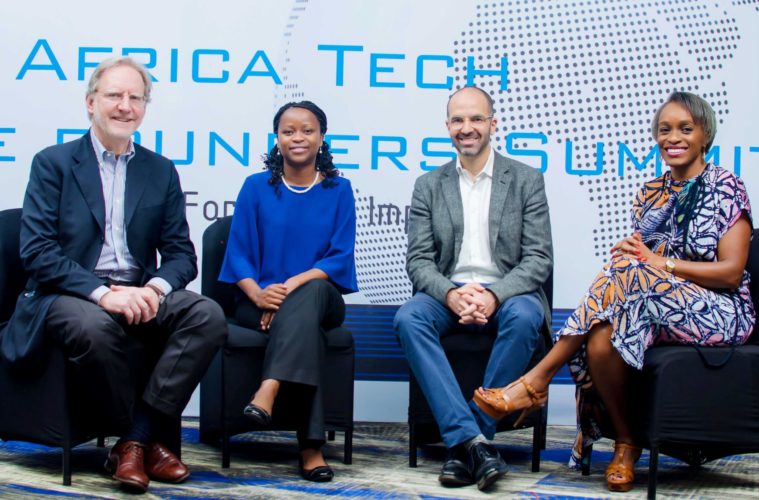TLcom, an Africa-focused venture capital firm, has announced a first close of Ksh. 8 billion (USD 70 million) for its Ksh. 17 billion (USD 150 million) Pan-African tech fund. The secured investment positions the firm to become the largest independent VC investor fully dedicated to Africa.
The first round saw participation from Allianz, a global insurance company, through AfricaGrow, its joint venture with DEG Impact (German Investment Corporation), and various new and returning investors. The new investors include Bertelsmann, King Philanthropies, the TLcom team, FBNQuest from the private sector, and major DFIs such as CDC Group, IFC, Proparco and Swedfund. A second close of the fund is expected later in 2022.
With its new fund, TLcom plans to expand its existing focus on accelerated growth, tech-enabled African startups to Egypt, and strengthen its long-standing presence across East and West Africa. The company also expects to add an additional 20 early-stage startups to its portfolio with an emphasis on Seed and Series A stages and will target entrepreneurs tackling some of Africa’s most complex challenges in sectors including fintech, mobility, agriculture, healthcare, education and ecommerce.
Currently, TLcom’s portfolio companies have raised more than half a billion dollars of capital in addition to funding issued by the TIDE Africa Fund. On average, new investments secured from these startups were priced at 5 times the valuation of the initial investment received from TLcom.
Speaking on the launch of the new fund, Maurizio Caio, Nairobi-based Founder and Managing Partner at TLcom said, “Since the closing of our previous fund, African tech has secured more high-value financing rounds, exits and M&As than ever before and this is only just the beginning. It is becoming increasingly evident that our sector has broken into a new era of maturity driven by very strong business fundamentals that African founders are demonstrating not only in the fintech space, but across a huge number of the continent’s largely underserved markets.”


